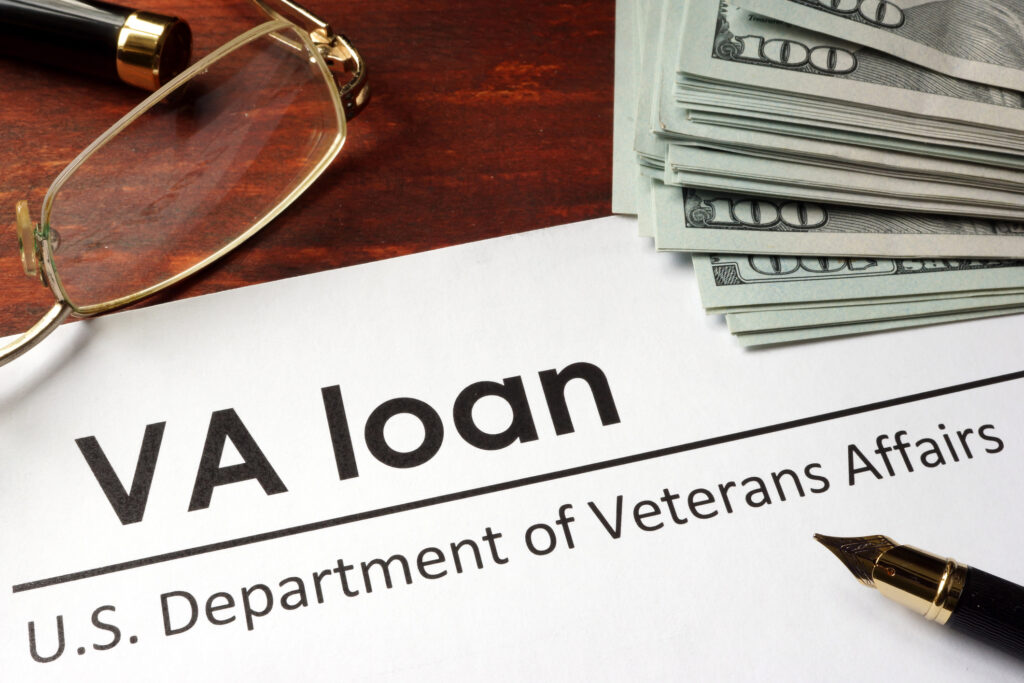Veteran home loans, also known as VA loans, are a special type of mortgage available to those who have served in the military or are currently serving. These loans are backed by the U.S. Department of Veterans Affairs and offer many benefits that make them an attractive option for those who qualify. In this article, we will take a closer look at veteran home loans, how they work, and why they might be a good choice for veterans and active duty service members.
Related Topics:

What Are Veteran Home Loans?
Veteran home loans are mortgages that are guaranteed by the U.S. Department of Veterans Affairs. These loans are designed to help veterans, active duty service members, and their families purchase a home or refinance an existing mortgage. VA loans are issued by private lenders, such as banks and mortgage companies, but are guaranteed by the government. This means that if the borrower defaults on the loan, the government will reimburse the lender for a portion of the loss.
VA loans offer several benefits that traditional mortgages do not. For one, they do not require a down payment in most cases. This can be a huge advantage for those who may not have the funds to put down a substantial amount upfront. Additionally, VA loans typically have lower interest rates than traditional mortgages, which can save borrowers thousands of dollars over the life of the loan.

Who Qualifies for Veteran Home Loans?
To qualify for a veteran home loan, you must have served in the military, National Guard, or Reserves, or be the spouse of a service member who died in the line of duty or as a result of a service-connected disability. To be eligible for a VA loan, you must have served at least 90 days on active duty during wartime, 181 days on active duty during peacetime, or six years in the Reserves or National Guard.
In addition to meeting the service requirements, you must also meet the lender’s credit and income standards. VA loans do not have a minimum credit score requirement, but lenders may impose their own standards. You will also need to provide proof of income, which can include pay stubs, tax returns, and other documentation.

Advantages of Veteran Home Loans
There are many advantages to getting a VA loan. First and foremost, VA loans typically offer lower interest rates than traditional mortgages. This can save borrowers thousands of dollars over the life of the loan. Additionally, VA loans do not require a down payment in most cases, which can make it easier for veterans to purchase a home without having to save up a substantial amount of money upfront.
Another advantage of VA loans is that they do not require private mortgage insurance (PMI). PMI is typically required on traditional mortgages when the borrower puts down less than 20% of the purchase price. This can add hundreds of dollars to the borrower’s monthly mortgage payment, so not having to pay PMI can be a big advantage.
Finally, VA loans offer more flexible credit and income requirements than traditional mortgages. While lenders may impose their own standards, VA loans do not have a minimum credit score requirement, and borrowers may be able to qualify even if they have a low credit score or a limited credit history.

Disadvantages of Veteran Home Loans
While there are many advantages to VA loans, there are also some potential disadvantages to consider. For one, VA loans typically have a funding fee, which is a one-time fee that is charged by the government to help offset the cost of the loan guarantee program. The amount of the funding fee can vary depending on several factors, including the type of loan and the borrower’s service history.
Additionally, VA loans may have stricter appraisal requirements than traditional mortgages. This is because the VA wants to ensure that the home being purchased is worth the amount being borrowed. This can result in delays and additional costs for borrowers.
But it’s also worth noting that VA loans are assumable, meaning that if a veteran decides to sell their home, the buyer can take over the existing VA loan. This can be an attractive option for buyers who may not qualify for a traditional mortgage or who want to take advantage of the low interest rates offered by VA loans. VA loans also offer flexible refinancing options. Veterans who already have a VA loan can refinance with a VA Interest Rate Reduction Refinance Loan (IRRRL) to take advantage of lower interest rates. This can help reduce monthly mortgage payments and save veterans money over the life of the loan.

In conclusion, VA loans can be a valuable tool for veterans and their families looking to purchase a home. With flexible eligibility requirements, competitive interest rates, and a range of benefits not found in traditional mortgages, VA loans can help make homeownership more accessible and affordable for those who have served our country. If you’re a veteran or active-duty service member, it’s worth considering a VA loan as you explore your home financing options.



